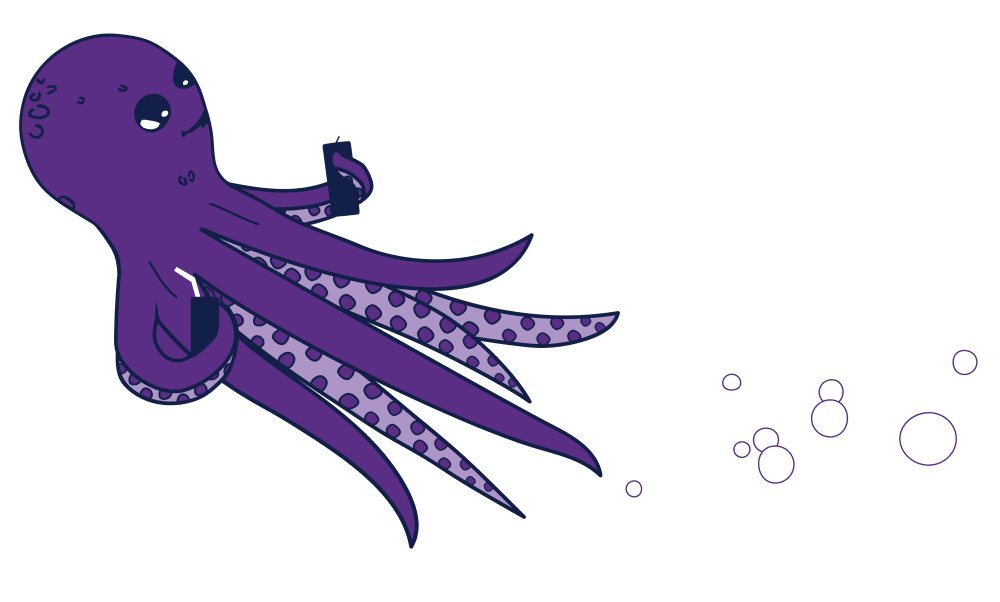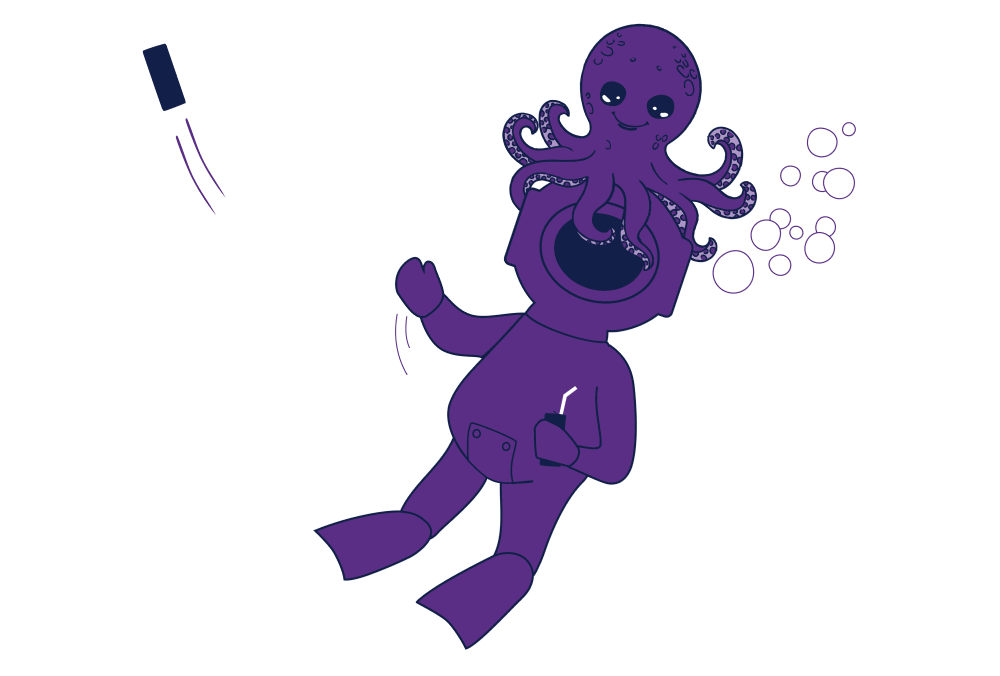Marine Grants
This is where the Greenhill Seltzers grants have gone.
Kia Ora my name is Blake!
I’m a Marine Science MSc student at The University of Otago, working with the Tawaki Project, to study the endemic and nationally vulnerable Fiordland Crested Penguin.
My research is based in the incredible Doubtful Sound. I’m looking at the foraging ecology of several penguin colonies that use the fiords abundant marine ecosystem in the middle of winter, to breed and raise chicks among the moss-covered boulders and temperate rainforest of Fiordland. Little is known about the foraging behaviour of Tawaki and what environmental factors influence this. I plan to use accelerometers, GPS loggers, video loggers and stable isotope analysis to understand diving behaviour at sea and habitat use of Doubtful Sound Tawaki.
Fiordland is arguably New Zealand’s most pristine coastal environment and it plays an important role as a climate refuge as the sea around New Zealand changes.
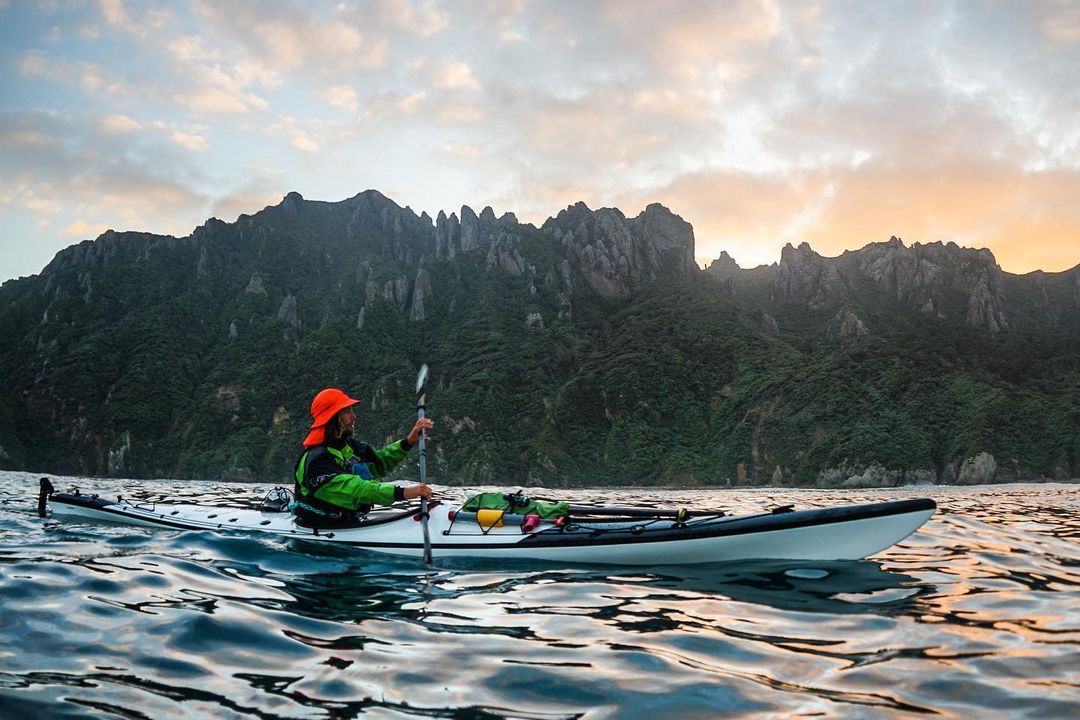
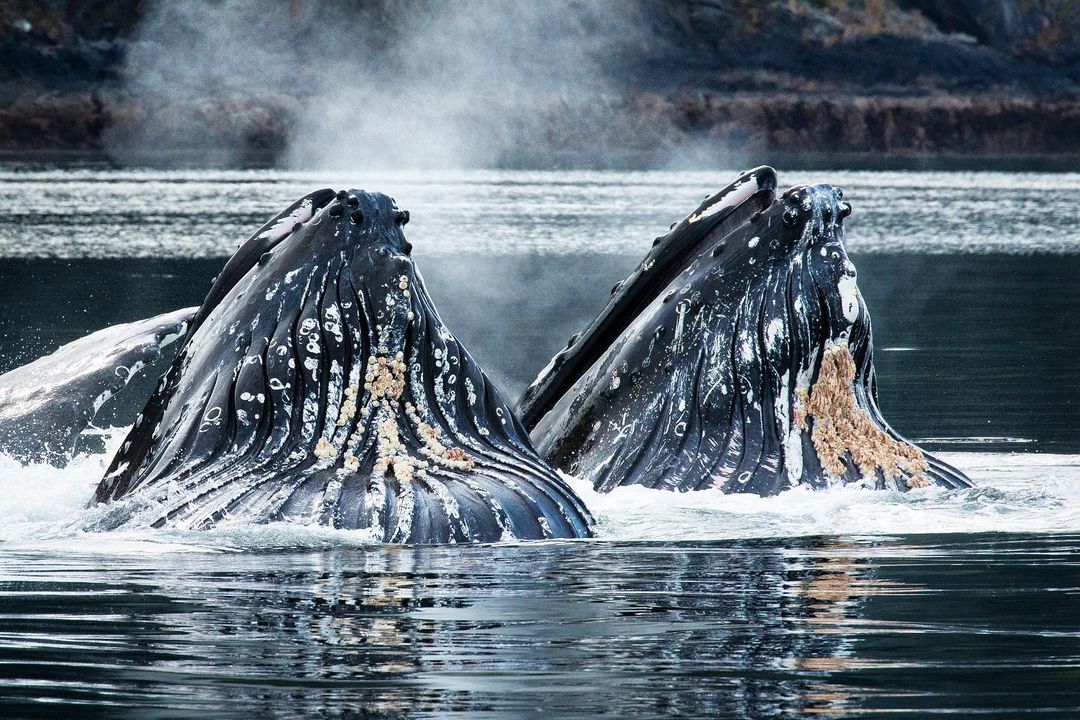
Veronica Rodriguez-Jurado
Marine Science
We know from previous studies in the South Island that human-caused impacts lead to changes in the distribution and composition of kelp forests.
For instance, with higher fishing pressure and sedimentation into coastal areas, some species of kelp become less/more common and overall kelp production is affected. As a result, changes occur across the entire food-web, all the way up to the fishes we catch.
My Master’s project seeks to understand the mechanisms that drive these changes in kelp forest food webs. In particular, I will focus on the epifauna (the small invertebrate marine life that lives on kelp) and how their abundance and role in the food-web changes under different impacts.
Epifauna may be a key group connecting the productivity from kelp and animals further up the food-chain, eating organic matter from kelp and then being eaten by small fish or other animals. If we can decipher these food-web links and how they change under stress, we can implement effective conservation, management, and restoration actions.
Colleen Lumnah
Marine Science
My name is Colleen Lumnah.
I’m pursuing an MSc in Marine Science at the University of Otago and I’m super passionate about preserving marine mammal populations.
My research is hoping to shed light on how the habitats of different marine mammals have changed in Antarctica over time. Commercial whaling and hunting has decimated a lot of extraordinary populations and my research could reveal some profound patterns of population recovery in the remote and unforgivable habitats of Antarctica.
I will be using new technology which can sequence DNA shed by animals into their environment in the form of fluids, hair follicles, or skin cells, etc. Instead of using traditional water samples, I’ve been granted the opportunity to test this technology on samples of Antarctic sea sponges dating back to the 1950’s.
Sea sponges are filter-feeders, meaning that they absorb water to eat the tiny organisms living in it. This project could unlock a time capsule of super old DNA, showing the world how the habitat ranges of different marine mammals have changed in Antarctica over time.
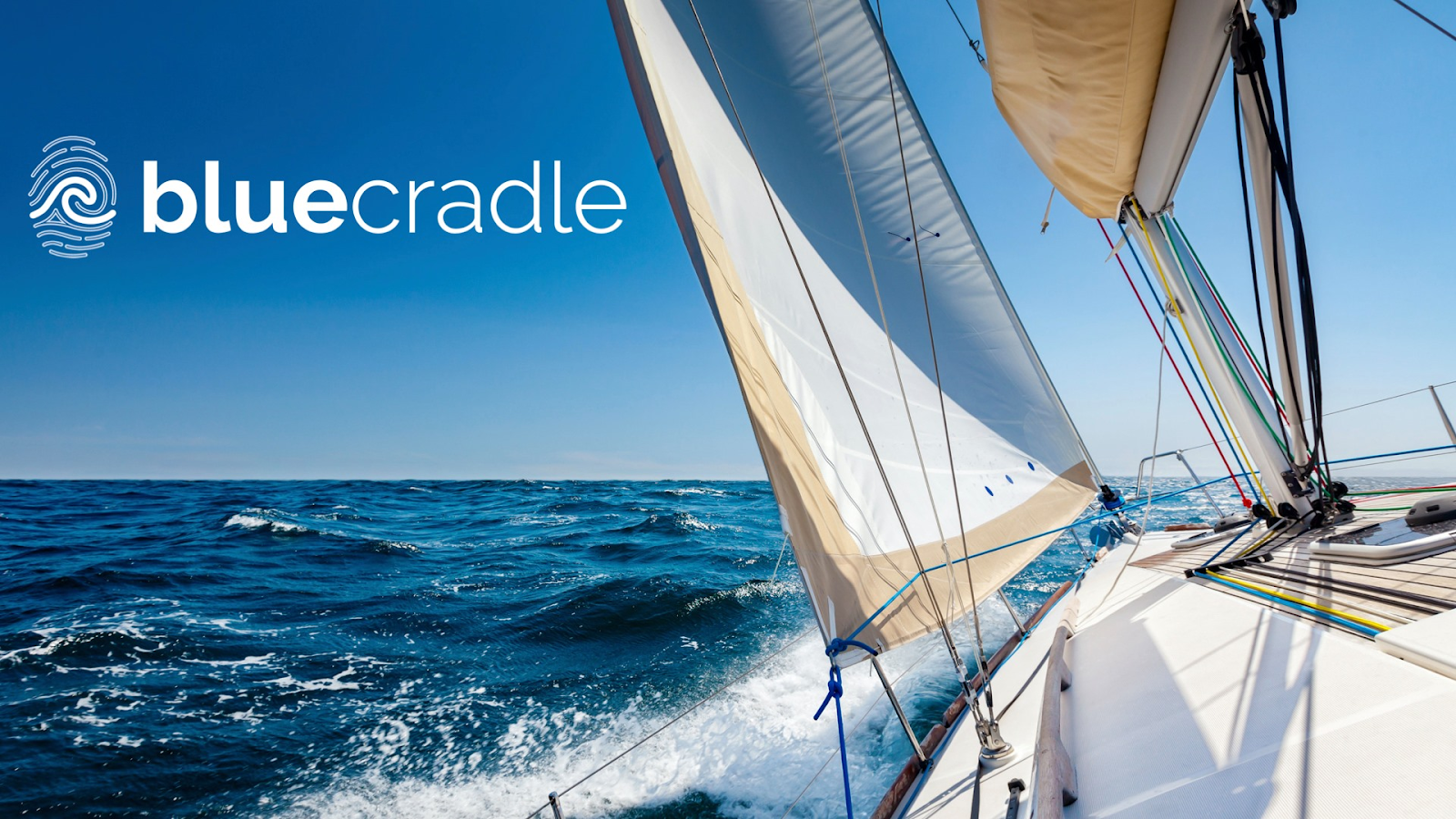
Blue Cradle
Blue Cradle was born in April 2020, during the Covid-19 pandemic lockdown in New Zealand.
It came from the idea that the ocean is not only bearing the brunt of the climate and biodiversity crises, but it is also a fundamental solution to our problems. Through research, education, and by communicating these solutions, we are participating in the scaling of the sustainable, regenerative blue economy.
It is essential to seize this historic opportunity to invest in ocean science and research. Only then, can we truly secure a safe and healthy future for the next generations
Imogen Ashley
Marine Science
Hi there, my name is Immy Ashley!
I am a PhD student at Victoria University of Wellington, where I work within the marine symbiosis and coral reef biology lab. My research aims to understand how specific molecular activities underpin the symbiosis between the coral host and its intracellular dinoflagellate symbionts, microscopic algae that photosynthesise and provide the coral with nutrients. The symbiosis is the foundation of the coral reef ecosystem and understanding how it works is important to develop conservation strategies.
For my research I cultivate, and study anemones called ‘Aiptasia’ in a laboratory setting. These anemones serve as a model organism for the coral-algae symbiosis, enabling me to develop cutting edge molecular methods needed to answer my research questions. Thanks to the Greenhill Seltzer grant I can extend my research into an ecological context by applying the same research techniques to reef-building coral species surrounding the Heron Island field station in Australia. This will significantly enhance the global relevance and impact of my research.
Corals form the basis of coral reef ecosystems, a vital habitat for over 25% of marine organisms, whilst covering less than 1% of the seafloor. Besides their importance as biodiversity hotspots, coral reefs dissipate wave energy, protecting coastal communities and providing these communities with an estimated US$9.8trillion in goods and services. The importance of these ecosystems in providing food and income sources for fringing nations cannot be overlooked, including our neighbours across the South Pacific. This research will help in the understanding of the molecular pathways crucial in a healthy coral reef ecosystem, enabling us to better protect and preserve this vital ecosystem for generations to come.

